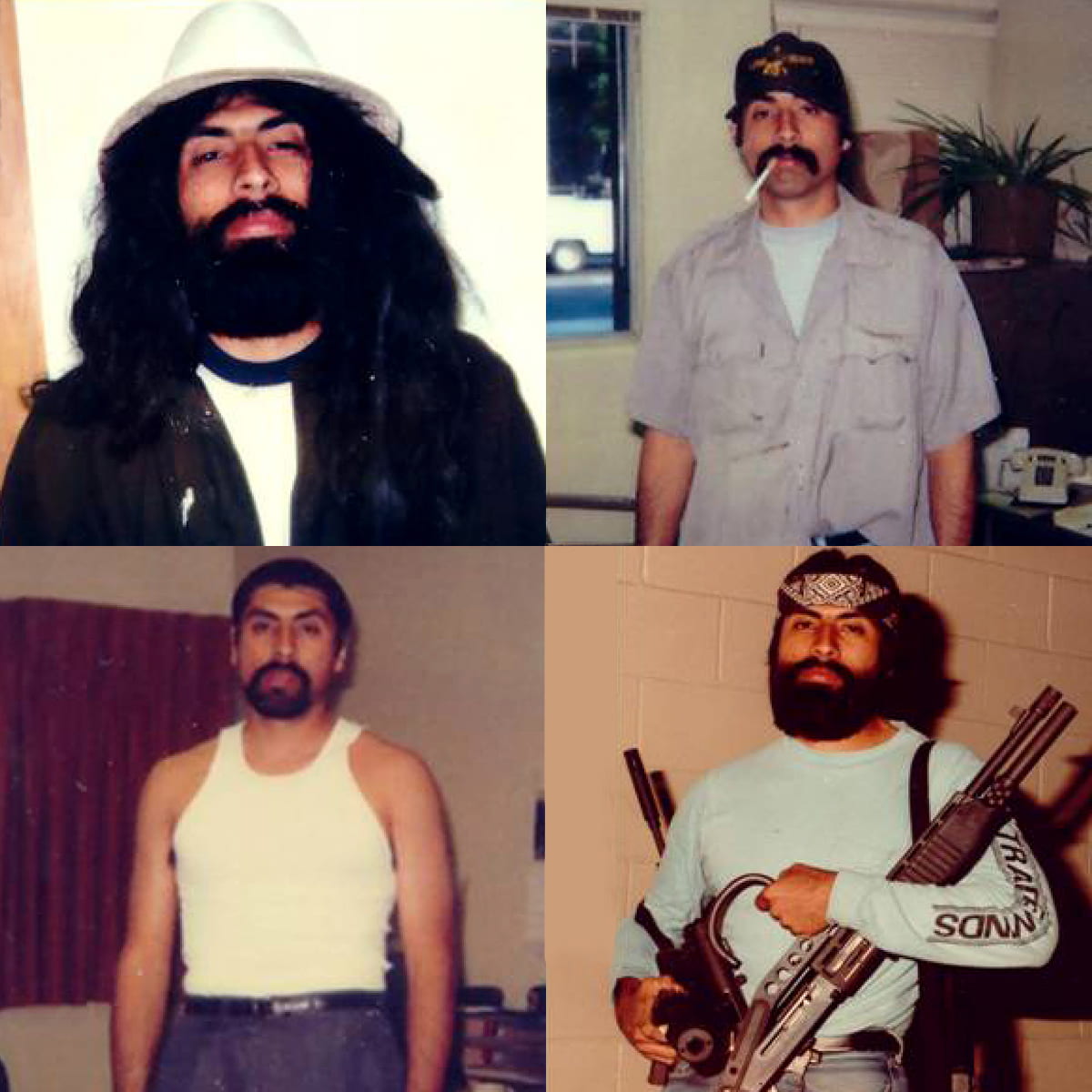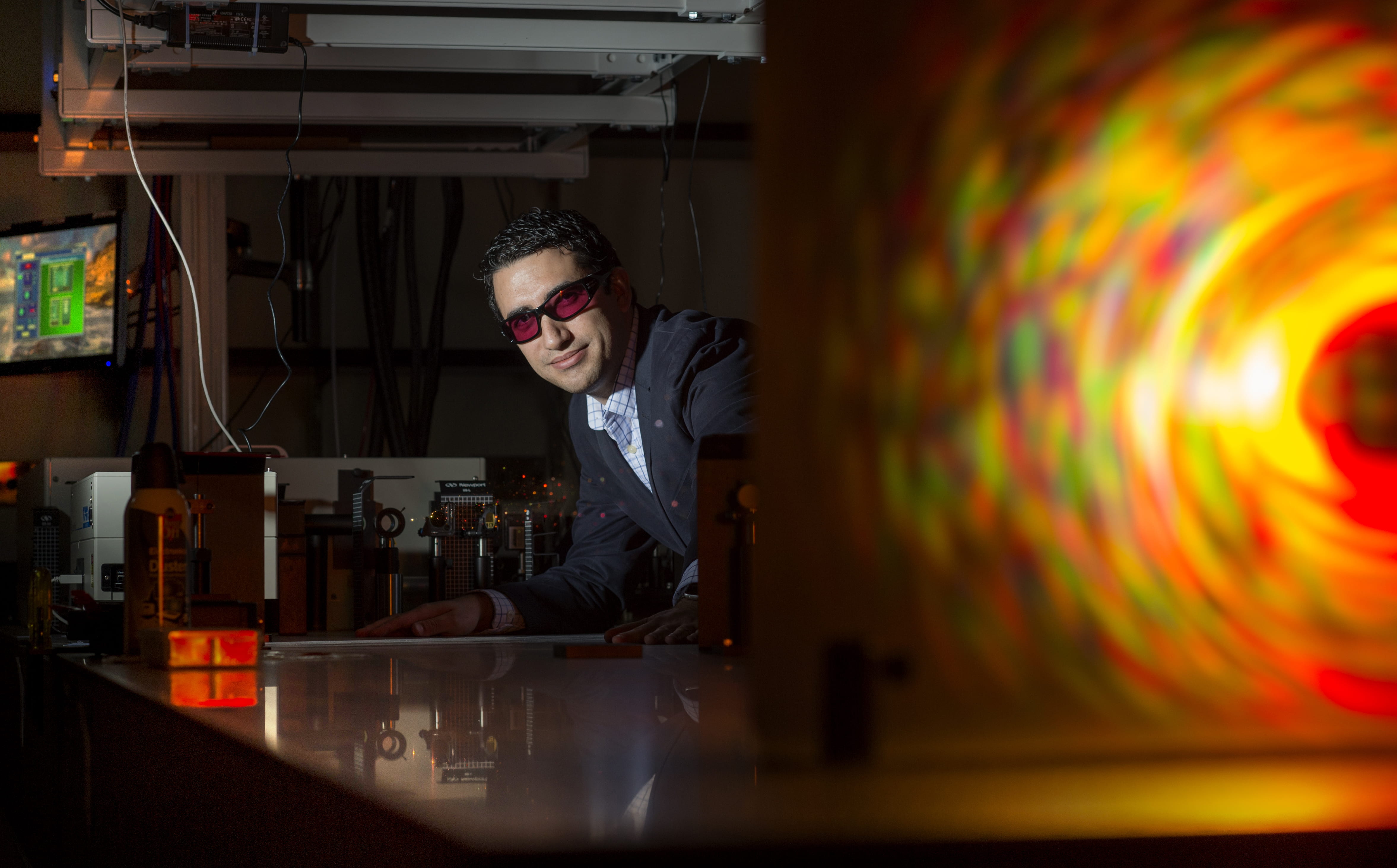State awards $1.8 million to expand UCI's in-prison B.A. program
Funding will also support core functions of LIFTED for five years

Irvine, Calif., July 5, 2022 — The state of California, through an agreement between Gov. Gavin Newsom and the Legislature, has allocated $1.8 million to expand the University of California, Irvine’s Leveraging Inspiring Futures Through Educational Degrees effort, the first in-prison B.A. program in the UC system. LIFTED enables incarcerated individuals at the Richard J. Donovan Correctional Facility in San Diego County to earn a bachelor’s degree in sociology from UCI.
In April, UCI offered admission to 25 applicants from RJD. They will begin taking courses this fall.
“We are breaking new ground by providing students behind bars, who are disproportionately of color and come from economically disadvantaged circumstances, access to the University of California, a pathway to earn a four-year degree,” said LIFTED director Keramet Reiter, UCI professor of criminology, law and society.
LIFTED invests in educational attainment that has been empirically demonstrated to reduce recidivism and enhance workforce development, she explained. “The returns on this investment are incredibly high, and we are grateful to Assemblywoman Cottie Petrie-Norris for championing this funding,” Reiter said. “Incarcerated students are role models in their prisons as well as for family members inspired by their example to earn a college degree.”
According to a recent Rand Corp. report, every $1 invested in prison education generates $5 in economic returns for society.
The new state funding will provide support for LIFTED’s core functions over the next five years in several ways. It will assist students with the purchase of books and other instructional materials along with bridge programs to aid matriculation and retention; compensate administrative personnel as well as UCI faculty who teach courses at RJD; and sponsor an independent assessment of LIFTED. California funding also will subsidize LIFTED programs launched at other UC campuses.
“The state’s support ensures that we can continue to provide the core functions of LIFTED and replicate these vital services throughout California. Through continued community collaboration and individual support, we can expand LIFTED’s vital services to impact more lives,” Reiter said.
LIFTED founders plan to host meetings with local, city, regional and state government leaders; UC, California State University and community college administrators and faculty; and community partners. The events will be designed to encourage dialogue and establish and deepen relationships with stakeholders advocating the expansion of educational opportunities for incarcerated students throughout the state.
“We envision a partnership between a UC campus, a state prison and a community college that will enable incarcerated individuals to return to their communities prepared to launch meaningful work lives, support their families and enhance civic engagement,” Reiter said.
LIFTED is one answer to repeated calls for criminal justice reform and pressure on the UC to provide more access to diverse student populations, she said.
“At least 95 percent of people in California prisons will return to their communities, and most will lack the tools to compete in today’s job market,” Reiter said. “Educational programs are a reallocation of the funds already being spent in the penal system and achieve much more successful reintegration objectives. Lower recidivism means less crime and improved long-term public safety.”
With policy revisions in California over the past five years, “many people who were convicted as juveniles or under the three-strikes law for nonviolent felonies will be released sooner than expected,” she added. “LIFTED will provide them with a real chance to make positive changes in their lives and society. As for those who will remain incarcerated, someone with a bachelor’s degree is better equipped to function and contribute, even while constrained by prison walls.”
The new state funding “will close the support gap for college students impacted by the criminal legal system in California,” said Hector Cervantes, director of the UCI Underground Scholars Program. “It will expand equity through higher education for a segment of our population that has long been stifled by barrier after barrier to upward mobility. We will be equipped to integrate Californians returning to society from incarceration into one of the most prestigious universities in the world.”
All students – incarcerated or not – who get a California community college degree in certain majors and maintain a specified GPA are guaranteed transfer to a UC school. LIFTED leverages this existing track. Incarcerated individuals who earn an A.A. in sociology from Southwestern College with a GPA of at least 3.5 are eligible for admission to UCI. They will be able to obtain a B.A. while serving their sentence or matriculate on campus if they’re released before finishing their course of study.
“While incarcerated, I was really excited to be part of a college program,” said Shawn Khalifa, an incoming transfer student to UCI who earned college credit while at RJD. “There were a lot of opportunities for completing programs at my institution, but college was the one that improved my quality of life the most. It was improbable, in my mind, to ever return to a life of crime. One of the things I didn’t realize until I was released was that I doubled the amount of reasonable employment opportunities available to me by earning my first college degree.”
LIFTED’s steering committee includes Reiter; Pavan Kadandale, associate professor of teaching in molecular biology and biochemistry; Valerie Jenness, Distinguished Professor of criminology, law and society; and Carroll Seron, professor emerita of criminology, law and society. Members of UCI’s Underground Scholars Initiative – a group of formerly incarcerated students and their allies – serve on LIFTED’s campus advisory committee.
“This program will help raise awareness of the available opportunities and develop new pathways for current and former prisoners to continue their education,” Reiter said. “It will also be a model for other departments at UCI besides sociology – and for campuses beyond ours, so that B.A. programming options will be offered across the UC system.”
About UCI’s Brilliant Future campaign: Publicly launched on Oct. 4, 2019, the Brilliant Future campaign aims to raise awareness and support for UCI. By engaging 75,000 alumni and garnering $2 billion in philanthropic investment, UCI seeks to reach new heights of excellence in student success, health and wellness, research and more. The School of Social Ecology plays a vital role in the success of the campaign. Learn more at https://brilliantfuture.uci.edu/uci-school-of-social-ecology.
About the University of California, Irvine: Founded in 1965, UCI is the youngest member of the prestigious Association of American Universities and is ranked among the nation’s top 10 public universities by U.S. News & World Report. The campus has produced five Nobel laureates and is known for its academic achievement, premier research, innovation and anteater mascot. Led by Chancellor Howard Gillman, UCI has more than 36,000 students and offers 224 degree programs. It’s located in one of the world’s safest and most economically vibrant communities and is Orange County’s second-largest employer, contributing $7 billion annually to the local economy and $8 billion statewide. For more on UCI, visit www.uci.edu.
Media access: Radio programs/stations may, for a fee, use an on-campus ISDN line to interview UCI faculty and experts, subject to availability and university approval. For more UCI news, visit news.uci.edu. Additional resources for journalists may be found at communications.uci.edu/for-journalists.


